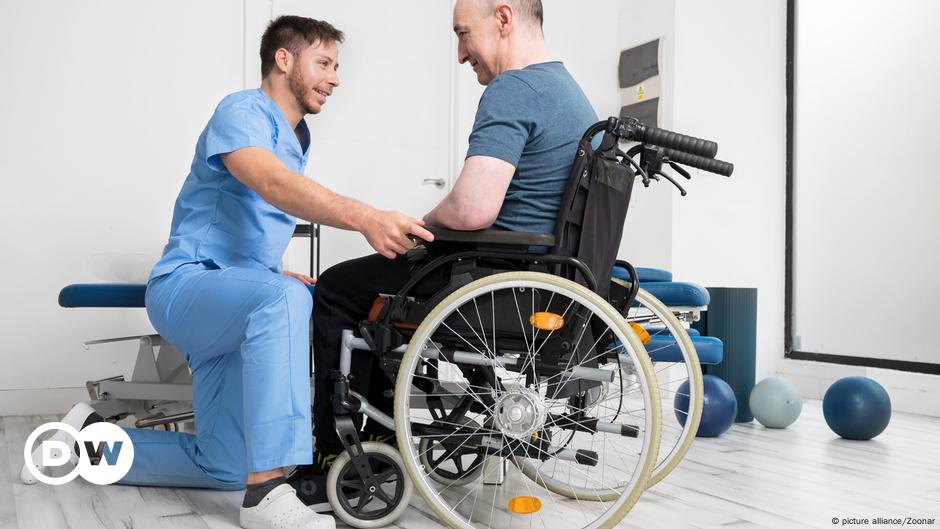Summary
Germany faces a critical shortage of health-care workers, with 47,400 unfilled positions in 2023/2024, particularly for physiotherapists (11,600 vacancies), dental assistants (7,350), and nursing staff (7,100), according to a study by the German Economic Institute (IW).
The aging population is driving increased health-care demand, with those aged 65+ projected to rise from 21% to 29% by 2030.
The study highlights a broader labor market issue, with over 530,000 skilled worker vacancies across all industries, including 42,000 in construction-related fields.



Ensure that your wife’s credentials are accepted here. I know people who were nurses in the US and couldn’t work as one here because their accreditation wasn’t seen as valid.
I’m not 100% sure, but might just need to take the Staatsexam. It’s a funny situation because registered nurses in the US go through a four- year bachelor’s, which doesn’t exist in Germany: just a trade school
You can also do work+university, best I can tell there’s actually no pure university option.
It’ll be a question whether you have 9/10 or 13 years of primary+secondary education: The latter qualifies you to study anything, while the former qualifies you for trade school, which then qualifies you to study anything remotely connected to the profession you learned.
If you want to bee-line for say a Doctor in physiotherapy starting with trade school might actually be faster, while with less hands-on medicine the route directly to university will likely take less time. On the trade school route university won’t really be teaching you the subject, any more, but focus on how you can turn your experience into novel research.
This “just a trade school” thing just doesn’t really make sense in the German context. You can study metallurgy and still not be able to weld for shit, or you can become a welder and then study metallurgy (skipping some courses) and be somewhat lost when interpreting Goethe because you didn’t spend three additional highschool years on a generalist skillset.
I know. I understand German higher education. I work there. I also have most of my family (back in the US) in medicine at various levels.
The US registered nurse degree is usually a four-year degree that involves practical experience, but has a level of biology, physiology, anatomy, and biochemistry that the German regiment has no time for. It’s one of the reasons that nurses in the US can do things German nurses can’t, like give shots.
We could go further and talk about physician education, where someone can be a GP with only a bachelor’s in Germany, but maybe a later time…
My point was: OP’s wife might only need to take the certification test. I’m sure she’s over overqualified too be a basic nurse here. Degrees are generally recognized ever since Germany switched to the international bachelor/ Master/PhD system about 15 years ago
GP without doctor is just a consequence of the vast majority of doctoral thesis in medicine, for ages, having been slop without academic value. You don’t need to be a good researcher to be a good healer, to know what you’re doing, and if you want to spend your career setting bones then there’s probably not much to research to be had in that area, anyway, so why force practitioners to come up with random stuff to investigate.
Did you know that you can become Heilpraktiker with Hauptschulabschluss, though? The only real requirement is the Gesundheitsamt judging you to not be an active hazard to patients and you can practice medicine. With or without scare quotes, from martial artists doing off-brand physiotherapy to complete but “studied” quacks like homeopaths.